The disparities that can be observed concerning Gender Engagement in VET are at the same time cause and consequence of the structure of the job market, which is strongly affected by the so-called “occupational gender segregation”. Occupational gender segregation can be defined as “the actual dominance of one sex in a particular occupation – or in relative terms, that is to say, the higher share of one sex relative to the expected share […] The division of labour refers to the way each society divides work among men and women, boys and girls, according to socially-[constructed] gender roles or what is considered suitable and valuable for each sex”[1]. Gender engagement and inequality can be approached under many aspects that embrace culture, education, job transition, guidance and attitudes at all levels (from the trainee to the trainer, from the candidate to guidance professional, from the employee to employer).
Gendered brain and stereotypes
Having a look at how culture plays a role in driving decision making, it is fundamental to introduce the concept of the gendered brain. The gendered brain, widely analysed by cognitive neuroscientist Gina Rippon in her book The Gendered Brain. The New Neuroscience That Shatters the Myth of the Female Brain published by Bodley Head, is intrinsically connected to brain plasticity, a characteristic of brain grey matter that explains the fact that the brain is significantly moulded by a person’s experience. This means that the cultural and societal norms that a person is immersed in since birth, have a strong influence on the person’s attitudes and points of view. On the one hand, this explains why cultural and social stereotypes – and especially those regarding gender – have such big effects on people’s choices and actions, and on the other, explains why they are so difficult to eliminate; cultural change is such a progressive and slow process.
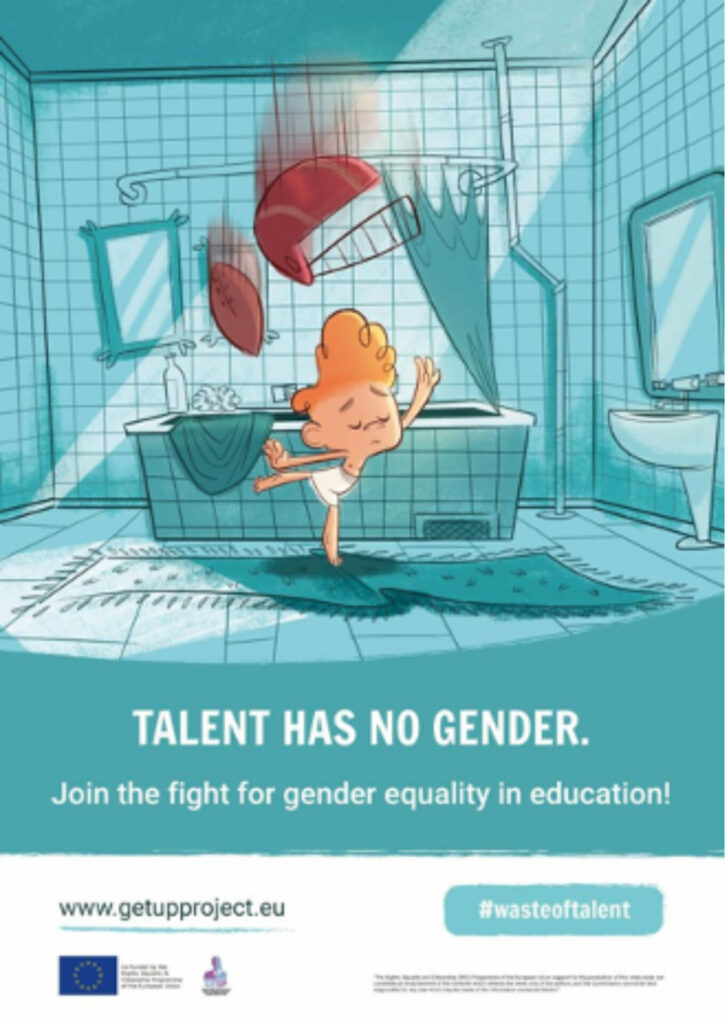
To address the gendered choices in enrolling in VET education, and following a certain career path, it is fundamental to go through lifelong learning actions. FORMA.Azione’s project GET UP – Gender Equality Training to overcome Unfair discrimination Practices in education and labour market [2], dug deep into this approach, by promoting a set of competencies for all those individuals that are key in driving education and career choices – namely VET trainers and providers, career counsellors, heads of HR, etc. – through ad hoc training curricula, including the methodologies and principles presented in the Minimum Standard document [3], created within the project. Concerning the VET sector in detail, it is worth reporting here a few suggestions extracted from the Minimum Standard [4] document:
Lifelong learning actions
- Planning and implementing preventative actions that meet the needs of girls and boys, and accompany them in the path of self-knowledge that can prevent gender disparities and discrimination
- Deepening understanding of and dealing with discomfort spheres, also those specifically affecting girls or boys, customizing initiatives based on a sound needs analysis
- Encouraging dialogue and collaboration between subjects involved in the various stages of transition between study cycles to provide successful male and female role models in different fields and sectors, thus helping to reduce gender bias in educational choices
- adopting targeted tools for personal development and individual re-motivation of girls and boys, such as: analysis of potential; meeting with workers from the sectors who can be adopted as models, particularly focusing on those different from the traditional gender division of professionals (e.g., women in STEM).
In conclusion, to improve gender engagement in VET and then, in the labour market, it is fundamental to focus on the systemic and cultural issue that determine gendered choices, and to promote progressive cultural change that goes through the ad hoc education and training of the professionals involved in guiding education and career paths.
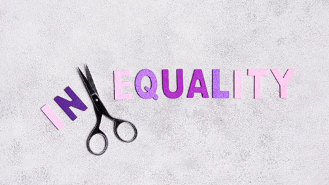
1- http://www.getupproject.eu/wp-content/uploads/2018/01/Survey-report-_FINAL.pdf
2- Project Number JUST/2015/RGEN/AG/ROLE/9646
3- http://www.getupproject.eu/wp-content/uploads/2018/01/EMSC_rev02_EN_2017-09-26.pdf
4- Ibid
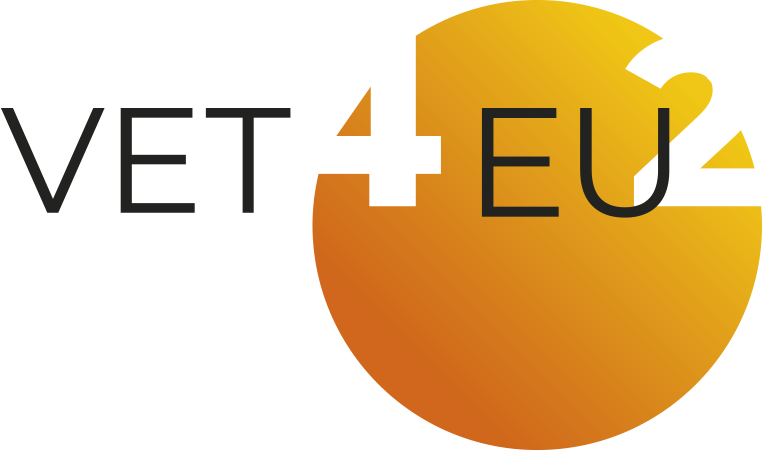
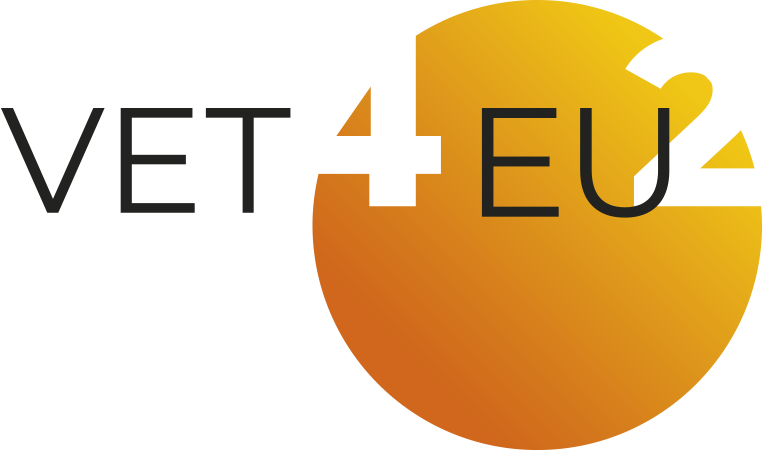

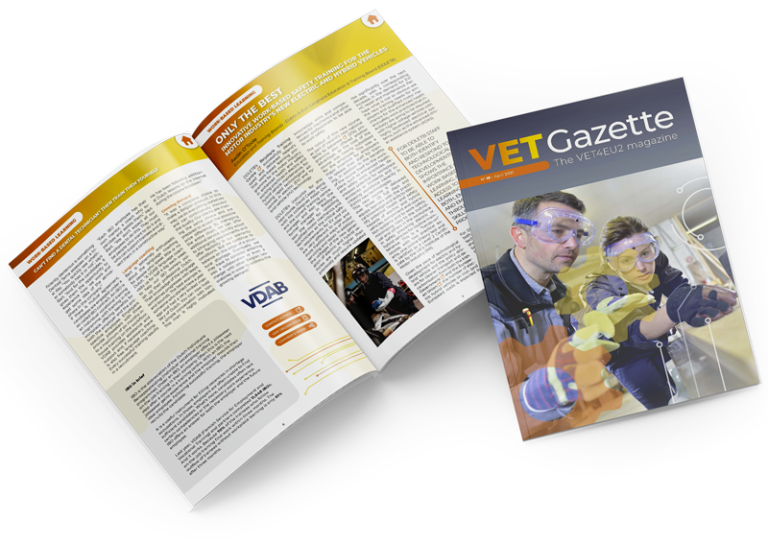
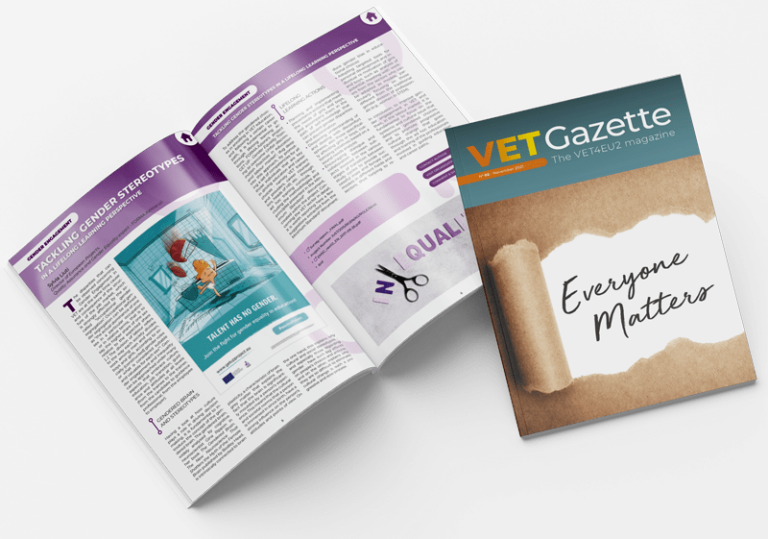
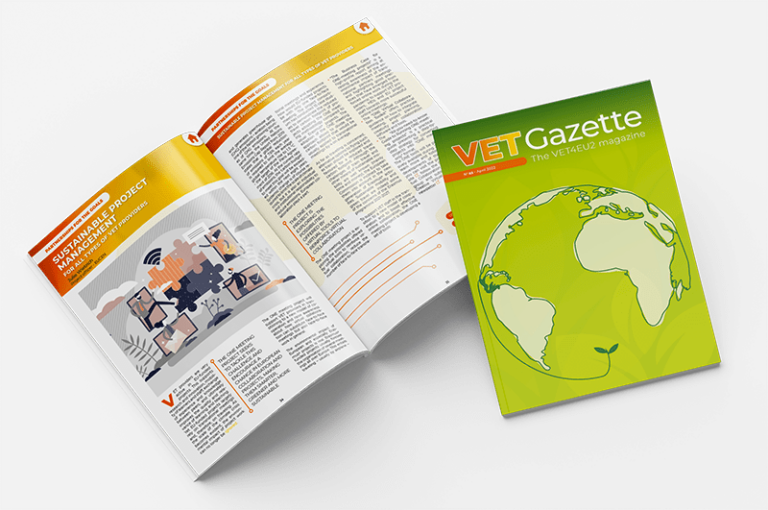
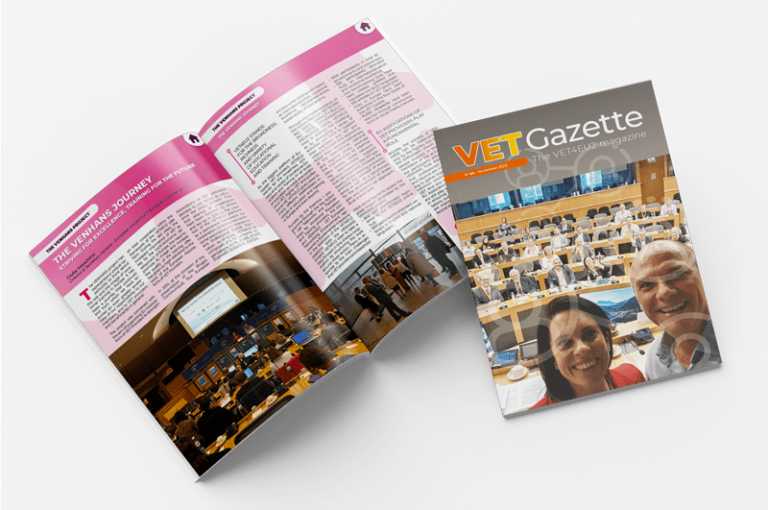

Responses